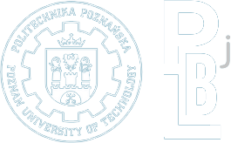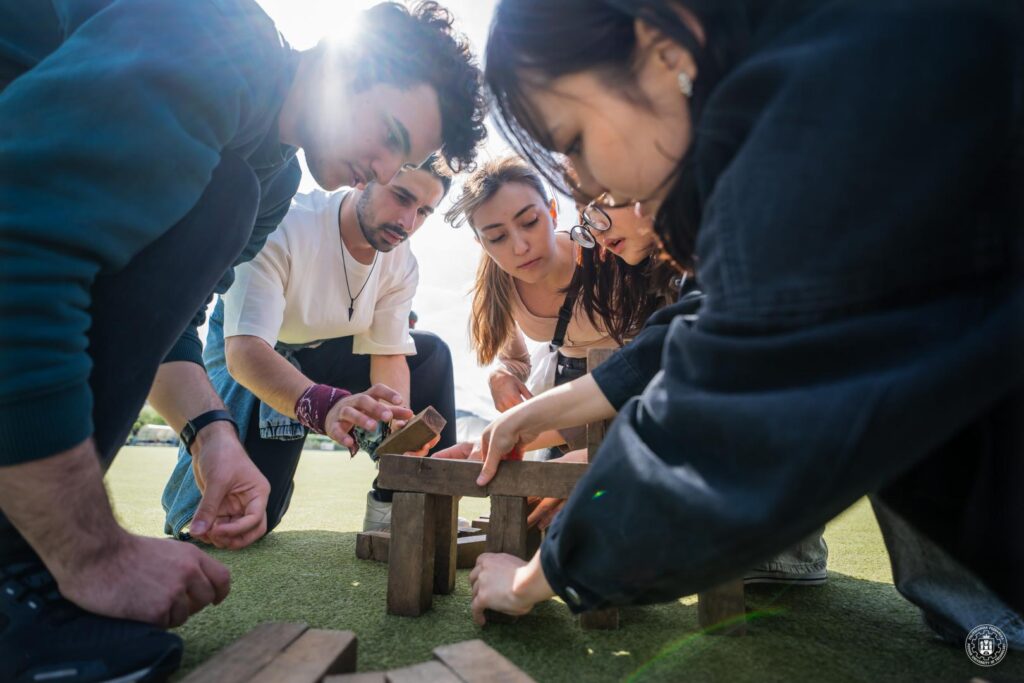What is PjBL?
The PjBL Method – A Key to Modern Education
In a world that is changing faster than ever before, theory alone is no longer enough. Today’s job market needs people who are creative, communicative, and ready to collaborate. That’s why it is worth adopting modern teaching methods such as Project Based Learning (PjBL) – Learning through Action.
The inspiration for PjBL comes from the project “Uczelnie przyszłości” (https://mes.put.poznan.pl/ ).
PjBL is a modern teaching method in which students acquire knowledge and skills through active participation in projects based on real-world problems that hold personal meaning for them.
PjBL combines theoretical knowledge with practical action. By working within a set timeframe on a specific problem, students learn how to plan, analyze, and implement solutions. Teaching based on PjBL is a student-centered educational approach.
Why Use the PjBL Method?
It is worth using the Project Based Learning (PjBL) method because it engages students in deep and lasting learning that goes beyond mere memorization. By learning through action, students develop a passion for learning, a sense of responsibility for their own growth, and personal involvement in the educational process. PjBL helps them better understand the connection between theory and practice, fosters independent thinking, collaboration, and problem-solving — competencies that are extremely valuable in professional life.
As Confucius said:
“Tell me and I will forget. Show me and I may remember. Let me do it and I will understand.”
The PjBL method perfectly embodies this wisdom, by study through experience, it enables true understanding.
Benefits of PjBL for Students
- Practical application of theoretical knowledge
- Collaboration and effective team communication
- Creativity and innovative thinking
- Building a portfolio and gaining professional experience
- Increased motivation and engagement in learning
- Better preparation for the job market: flexibility in actions and resilience to challenges
Benefits of PjBL for Mentors/Supervisors
- Activation and engagement of students
- Opportunity to observe students acquiring competencies through practical work
- Enrichment of the teaching process with elements of collaboration, reflection, and creativity
- Development of one’s own teaching and mentoring skills
- Satisfaction from building educational relationships



